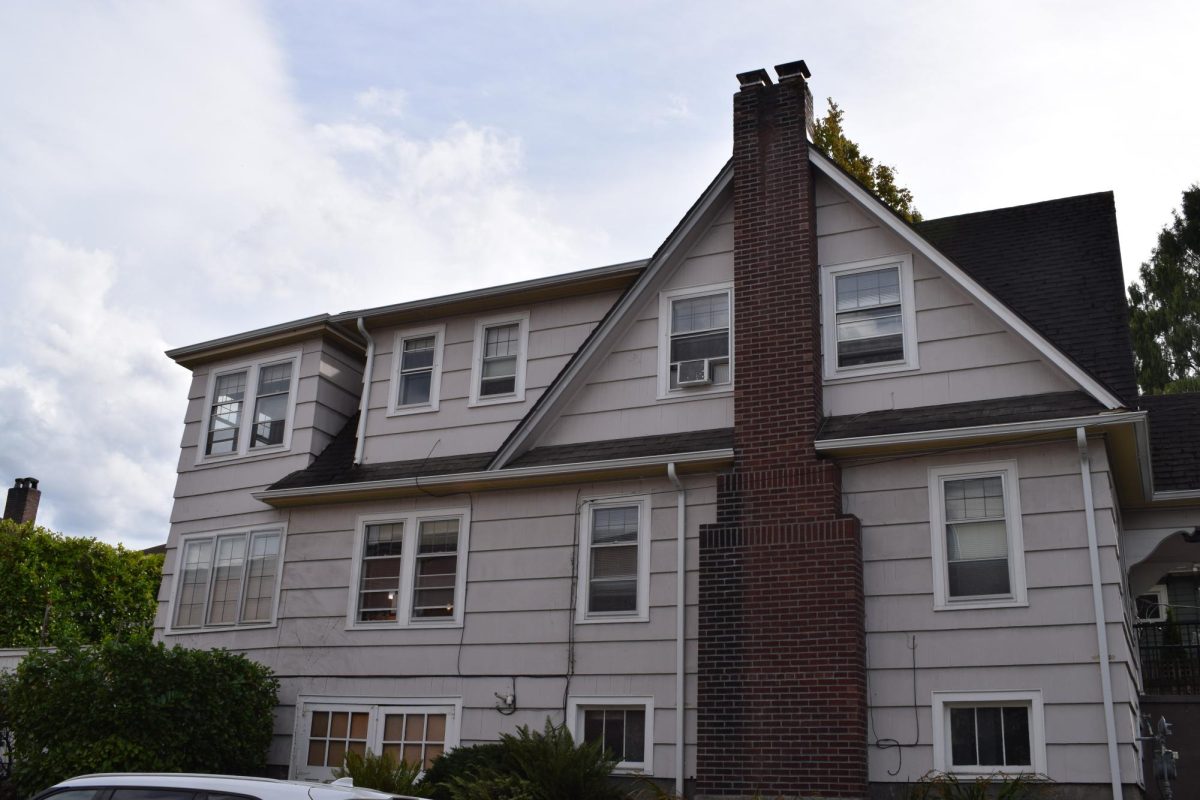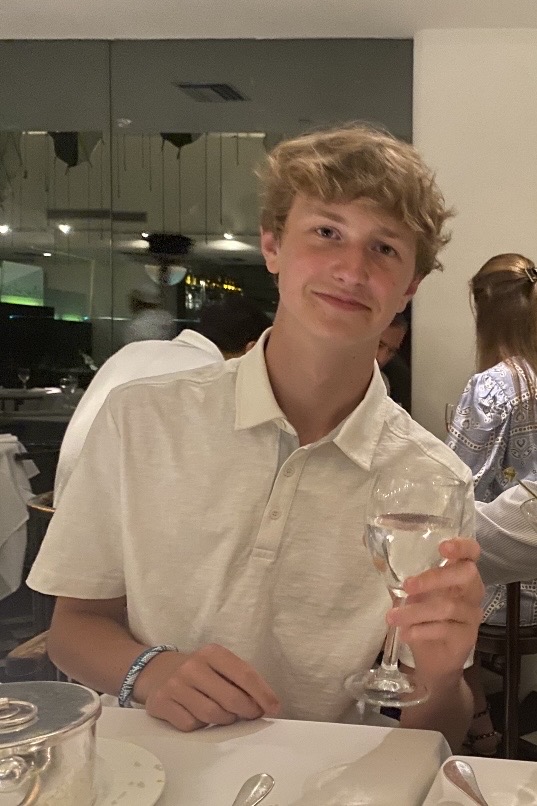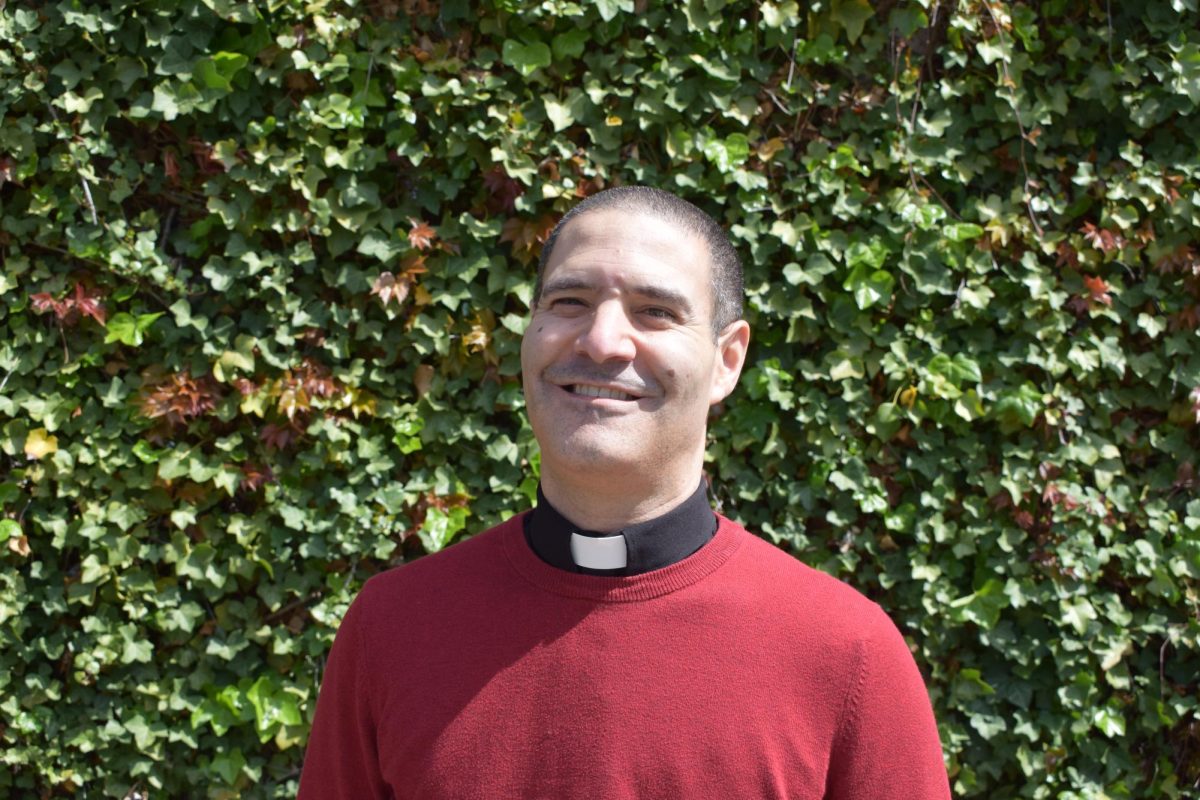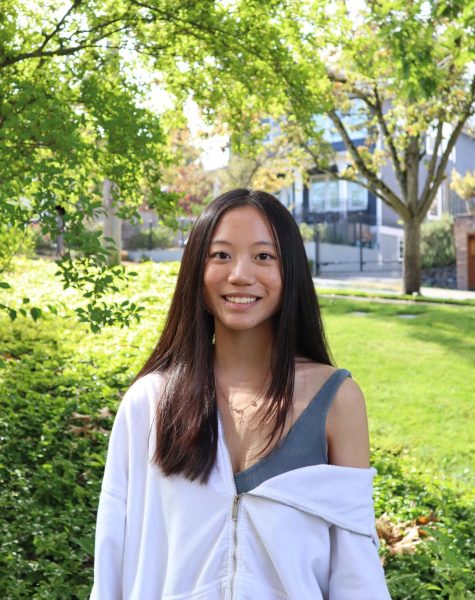In a time where technology is in the reach of almost everyone’s hand, Seattle Prep has undergone a major change this school year – a no phone rule during school hours. This rule has sparked conversation, debate, and curiosity among Prep students. So, what’s the reasoning behind it, and how are the hundreds of students adjusting to this rule?
To understand why this ban began, we interviewed Mr. Hendricks, Prep’s Dean of Students. He explained, “The current rule was an old rule that existed pre-COVID. . . The motivation was the significant amount of data that has come out saying students who are on their phones have a detrimental impact on self-esteem and relationships.”
This new rule came with a whirlwind of mixed reactions among students. Some are open to the change, while others not so much. one student noted, “a benefit is the socialization. It makes us communicate face-to-face rather through a screen.”
Others, like Thomas Asres ‘27, feel it’s unnecessary, saying, “No, we don’t need the rule. What am I going to do if I need to call my parents? I need my phone for emergencies.”
However, enforcing this rule will not be easy for the staff members. When asked about how they will monitor this rule, Hendricks answered, “By having a ‘if it’s visible it’s a problem’ policy, it’s easier because the teachers, or myself, don’t have to ask why or what you’re doing on your phone . . . It’s simpler, you just turn in the phone”
After a month of this rule being implemented, the question of whether it will remain forever hovers in the air. When asked about this, Hendricks said “I see it being in place for the foreseeable future, I don’t think we’ll ever return to before.”
This rule comes with a list of benefits, but also challenges. It is safe to say it has made quite the impact on the Prep campus – changing classroom and lunch dynamics, student engagement, and interactions with other classmates. Here is some advice to Panthers who are struggling with this rule from Hendricks “The phone is a tool, but like all tools they can be abused. We’re trying to define those values.”






